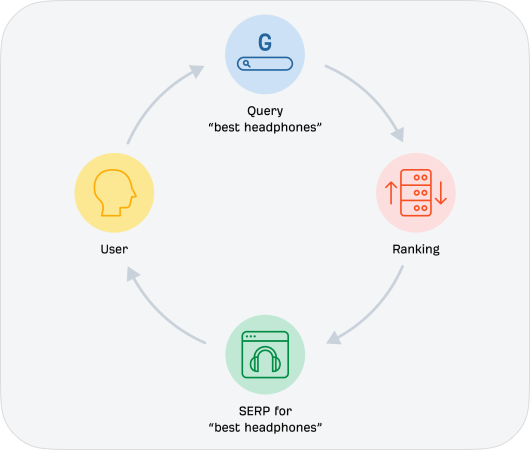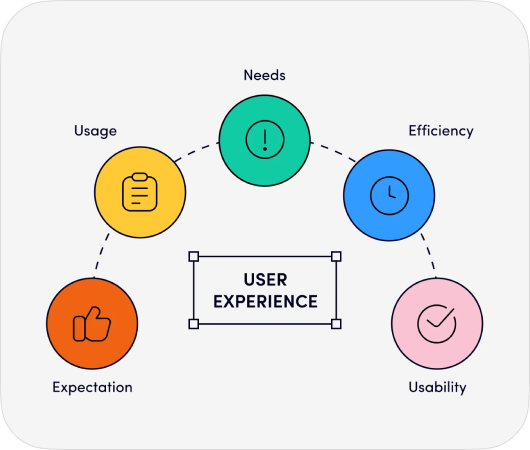

-home.png)
Keyword Research
Use tools like Google Keyword Planner, Ahrefs, or SEMrush to find
relevant keywords that potential customers are searching for.
Study the keywords your competitors are ranking for to find
opportunities.
Focus on long-tail keywords which are less competitive and more
specific to attract targeted traffic.
On-Page SEO
Optimize title tags with primary keywords while keeping them
compelling and concise.
Write engaging meta descriptions that include keywords and encourage
click-throughs.
Use header tags to structure content and include keywords where
relevant.
Ensure URLs are clean, descriptive, and include relevant keywords.
Create high-quality, relevant, and original content that addresses
users’ search intent. Incorporate keywords naturally.
Use internal links to help search engines and users navigate your site
and understand its structure.
Technical SEO
Optimize page loading speeds by compressing images, leveraging browser
caching, and improving server response times.
Ensure your site is mobile-friendly and responsive.
Create and submit an XML sitemap to search engines to help them crawl
your site more effectively.
Use the robots.txt file to control and optimize the crawling of your
site.
Secure your website with HTTPS to build trust and meet search engine
ranking criteria.


Content Marketing
Regularly publish informative and engaging blog posts to attract
and retain visitors. Use images, infographics, and videos to make
content more appealing and shareable. Regularly update existing
content to keep it relevant and improve its performance.
Off-Page SEO
Acquire high-quality backlinks from reputable websites through guest
blogging, outreach, and partnerships.
Promote your content on social media platforms to increase visibility
and attract backlinks.
Collaborate with influencers to reach a broader audience and earn
quality backlinks.

Content Marketing
Local SEO
Create and optimize your Google My Business profile.
Ensure your business is listed accurately in local directories.
Encourage satisfied customers to leave positive reviews on Google and
other review sites.
Analytics and Monitoring
Use Google Analytics to track traffic, user behavior, and
conversion rates.
Monitor search performance, fix indexing issues, and understand how
Google views your site.
Use tools to monitor your keyword rankings and adjust strategies as
needed.
Continuous Improvement
Regularly conduct SEO audits to identify and address issues.
Test different strategies and elements (such as titles, meta
descriptions, and CTAs) to see what works best.
Keep up with the latest SEO trends and algorithm updates to ensure
your strategies remain effective.

We will reach out to you as soon as possible regarding your inquiry.